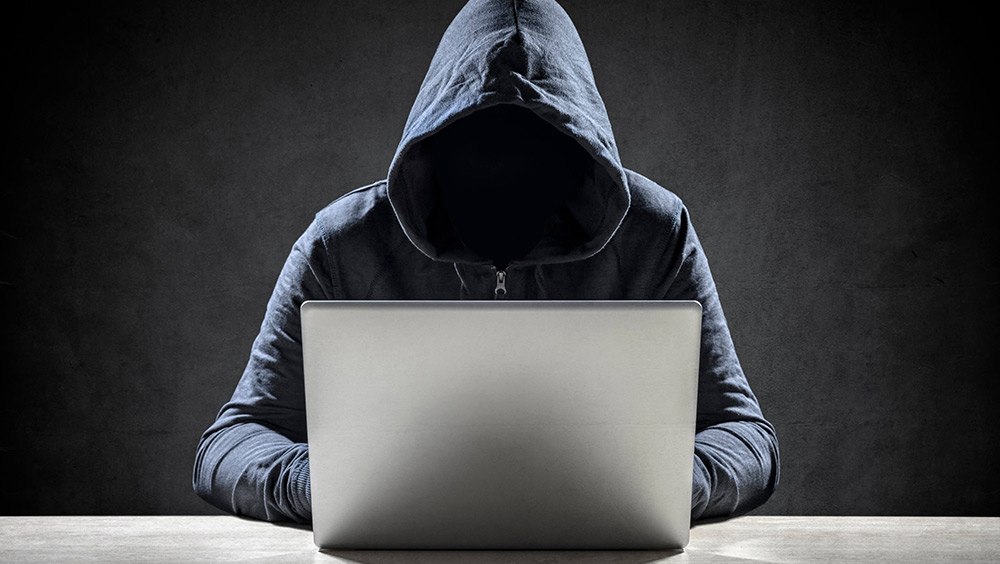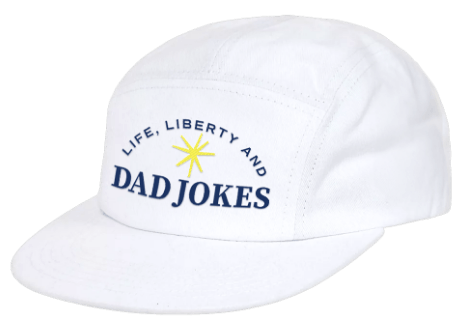Does the First Amendment Protect Anonymous Speech?

Part of the fun of creating an online social media page can be picking a creative or funny username, sometimes unrelated to the name on our government ID. It’s not all puns and games, though.
Anonymity can protect privacy and keep people like whistleblowers and activists safe. It can also make it more difficult to find people responsible for wrongdoing.
The First Amendment protects freedom of speech. But does it also protect anonymous speech? Here's everything you need to know.
Does the First Amendment protect anonymous speech?
The First Amendment protects anonymous speech and speech made using a pseudonym, or assumed name, in most cases.
This protection means that if, for example, you publish a book under a pen name instead of your legal name; post a flier sharing your viewpoint without putting your name on it; or criticize the government from an online account with a parody username, then your speech is protected from government punishment just as it is if you did any of those things under your legal name.
The First Amendment also protects the right to say unpopular or even abhorrent things (with some exceptions), anonymously and under a pseudonym.
Does the First Amendment protect anonymous speech online?
The First Amendment protects anonymous speech online from government punishment or regulation just as it does anonymous speech printed in a book or said out loud.
It is important to note that the First Amendment limits the government. It protects the right of people and of companies including newspapers, book publishers and social media platforms to say or not say what they want. Because social media platforms and websites have their own First Amendment rights, they can moderate users’ speech on their platforms. They may have their own policies about whether users can be anonymous or use a pseudonym. Some, like Facebook, technically require user profiles to use real names.
RELATED: The complete guide to free speech on social media
Why does the First Amendment protect anonymous speech?
“Anonymous speech really is fundamental to the history of the United States,” says Jeff Kosseff, associate professor in the United States Naval Academy Cyber Science Department and author of “The United States of Anonymous: How the First Amendment Shaped Online Speech.”
Many arguments for independence during the Colonial era were made anonymously or with a pen name. So were arguments in support of the Constitution while it was being drafted.
According to Kosseff, there are good reasons to protect anonymity. The ability to speak freely can help separate the content of the speech from the identity of the speaker. Sometimes, if people know who the speaker is, they might think differently about the message. Anonymity can lessen this bias.
Being anonymous can also protect vulnerable people. “People who need to have a voice but don’t have the ability to associate their real name with that speech have a very good reason to want to speak anonymously,” Kosseff says.
Government banning anonymous speech online wouldn’t prevent disagreeable speech, says Kosseff, because people say bad things using their real names, too. Some research shows that being able to use pseudonyms could have mixed or even positive impacts on online civility.
What are some examples of protected anonymous speech?
In 1958, the U.S. Supreme Court protected the right to associate anonymously, saying the NAACP in Alabama could not be forced to reveal its membership lists. NAACP leaders were regularly targeted with violence by people opposed to the Civil Rights Movement. Florida organizer Harry T. Moore and his wife Harriette were murdered when their home was bombed on Christmas Day in 1951. The attack was thought to be motivated by their activism. Revealing the names of NAACP members would likely have endangered other members too, the court said.
The Civil Rights Movement provides other examples of how anonymity can help keep people safe. In Talley v. California (1960), the Supreme Court protected the right of civil rights activists to use an anonymous pamphlet to call out a supermarket that discriminated against Black customers. Due to resistance to new civil rights laws, activists could have been in danger if they had been forced to reveal their identities.
This right has been recognized by the Supreme Court in multiple cases.
Are there exceptions to the First Amendment’s protection of anonymous speech?
Freedom of speech is not unlimited. There are exceptions to anonymous speech being protected by the First Amendment.
Unprotected speech
Criminals can and do get unmasked for speech – anonymous or otherwise – that is truly beyond the protections of the First Amendment. In criminal cases or instances of speech that isn’t protected, like true threats, it can be possible to pursue who’s behind a screenname.
If someone defames or threatens you online, Kosseff says, “You don’t sue the platform; you sue the person who posted the content.”
Commercial speech
Speech for advertising gets less First Amendment free speech protection than other kinds of speech because the government can protect consumers and prevent fraud.
So businesses can, for example, be required to provide an accurate business name and contact information on advertisements.
Election ads
Political campaign speech can be regulated.
In 2003, the Supreme Courts said in McConnell v. FEC that certain parts of the federal Bipartisan Campaign Reform Act of 2002 were OK. The court upheld a requirement that candidates for political office state their name and support for an advertisement as part of a video or audio ad. The “Stand by Your Ad” rule and other similar election spending regulations and requirements are designed to prevent corruption. Similarly, political action committees may have rules around using their organization name in ads.
Some restrictions on anonymous campaign speech have been struck down, though. One example is a 1995 case that overturned an Ohio law that required election publications to include authors’ names. The court relied on Talley v. California. It rejected Ohio’s desire to provide voters with reliable information on election topics and said voters don’t need to know who is circulating election-related information to evaluate its accuracy. It also said that protecting against fraud and defamation was a legitimate goal of the government but held that this broad ban was too broad. Other laws already prohibited fraud and defamation.
Legal documents
In 2010, the Supreme Court said in Doe No. 1 v. Reed that if people sign a petition calling for a question to be added to the ballot for voters to decide, their names can be made public as part of public records.
Similarly, legal forms or documents likely require you to use your legal name.
It may be possible to get exceptions to these requirements. For example, courts often do not name people under age 18 who are part of legal cases but instead allow initials or a placeholder name. And if someone may be harmed or endangered by the requirement to use their legal name on public documents, there may be an exception.
‘Congress Shall Make No Law’: State Action Explained
Related Content
Here to top your best dad joke.


